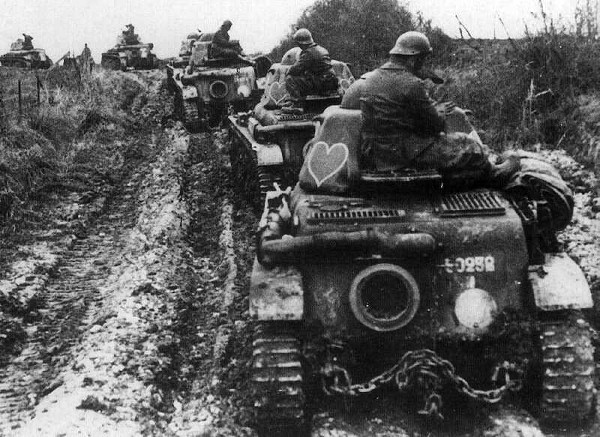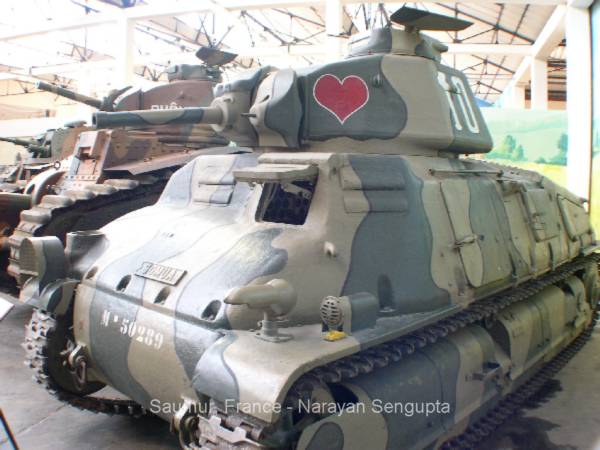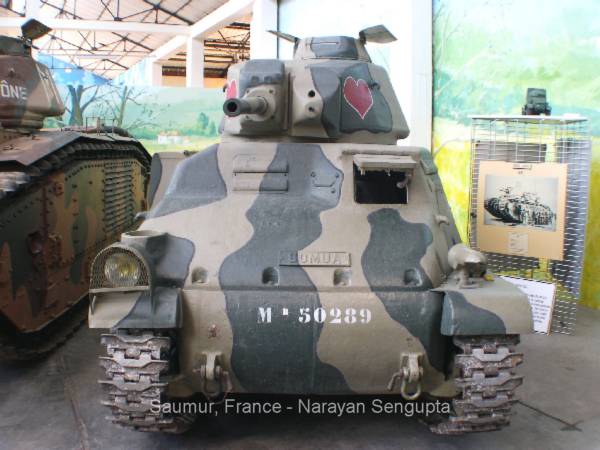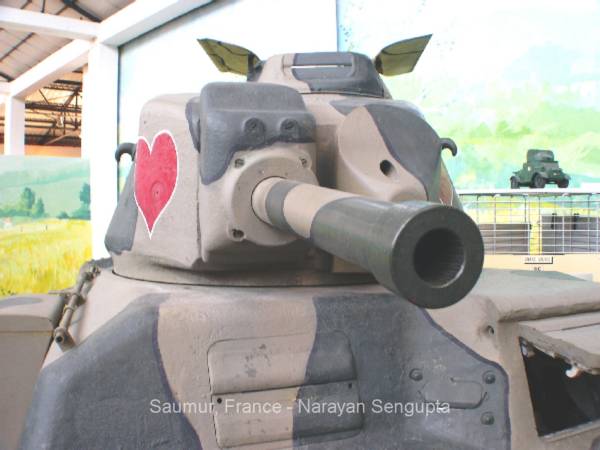@Imperious:
Funny how in Yugoslavia and occupied Russia, these people fought Germany behind the lines, where in France they just served coffee and “collaborated” out of fear of reprisal. The mark of courage is to face death while struggling, not making pancakes for German officers.
Here’s a few things the French Resistance did:
They sabotaged production in war plants. They destroyed parts, damaged machinery, slowed down production, changed blue-prints
They dynamited power plants, warehouses. transmission lines. They wrecked trains. They destroyed bridges. They damaged locomotives.
They organized armed groups which fought the German police, the Gestapo, the Vichy militia. They executed French collaborationists.
They acted as a great spy army for SHAEF in London. They transmitted as many as 300 reports a day to SHAEF on German troops’ movements, military installations, and the nature and movement of military supplies.
They got samples of new German weapons and explosive powder to London.
They ran an elaborate “underground railway” for getting shot-down American and British flyers back to England. They hid, clothed, fed and smuggled out of France over 4,000 American airmen and parachutists (Getting food and clothes isn’t easy when you’re on a starvation ration yourself. It’s risky to forge identification papers). Every American airman rescued meant half a dozen French lives were risked. On an average, one Frenchman was shot every two hours, from 1940 to 1944 by the Germans in an effort to stop French sabotage and assistance to the Allies.
Serving coffee, hmm?
Brave means resolve to fight on elsewhere. If UK was occupied, they would have continued from Canada or elsewhere. But not France. One and done.
A few things the French did:
-The French fought in Africa, in Sicily, liberated Corsica, fought in Italy, took part in the invasion of Europe and fought through the battles of France and Germany – from Normandy to Munich.
-Units from the French navy participated in the invasions of Sicily, Italy, Normandy and South France.
-Units of the French navy and merchant marine took part in convoying operations on the Atlantic and Murmansk routes.
On June 5, 1944, the day before D-Day, over 5,000 Frenchmen of the resistance dynamited railroads in more than 500 strategic places.
-They delayed strategic German troop movements for an average of 48 hours, according to military experts. Those 48 hours were tactically priceless ; they saved an untold number of Allied lives.
-French resistance groups blew up a series of bridges in southern France and delayed one of the Wehrmacht’s crack units (Das Reich Panzer Division) for twelve days in getting from Bordeaux to Normandy.
-About 30,000 FFI troops supported the Third Army’s VIII Corps in Brittany: they seized and held key spots ; they conducted extensive guerrilla operations behind the German lines.
-25,000 FFI troops protected the south flank of the Third Army in its daring dash across France: the FFI wiped out German bridgeheads north of the Loire River; they guarded vital lines of communication; they wiped out pockets of German resistance; they held many towns and cities under orders from Allied commmand.
-When the Third Army was approaching the area between Dijon and Troyes from the west, and while the Seventh Army was approaching this sector from the South, it was the FFI who stubbornly blocked the Germans from making a stand and prevented a mass retirement of German troops.
-In Paris, as the Allied armies drew close, several hundred thousand French men and women rose up against the Germans. 50,000 armed men of the resistance fought and beat the Nazi garrison, and occupied the main buildings and administrative offices of Paris.
Some comments from generals on the FFI:
“General Patton cabled General Koenig, the French commander of the FFI, that the spectacular advance of his (Patton’s) army across France would have been impossible without the fighting aid of the FFI.”
“General Patch estimated that from the time of the Mediterranean landings to the arrival of troops at Dijon, the help given to operations by the FFI was equivalent to four full divisions.”
“The Maquis who defended the Massif Central, in the south-central part of France, had two Nazi divisions stymied; they kept those two divisions from fighting against the Allies.”
When they retreat and surrender who else can we blame? You cant make an argument that the French soldiers fighting are brave, while the generals order retreat. The result on the battlefield dictates the orders from “higher ups” The only thing you can look at is the result.
So, again, by that logic, we should blame Germany for being cowardly because they ultimately lost. There are instances where local French units fought and won tactical victories in the 1940 invasion, and the British likely would not have got out as intact as they did from Dunkirk had the French remnants fighting around the perimeter simply threw up their arms in surrender.















